In the land of sunshine, hurricanes, and unpredictable skies, Florida has always maintained a complex relationship with weather. But come July 2025, Floridians will no longer be allowed to engage in any form of weather modification or geoengineering activities, as per a newly enacted law. With this legislation, Florida becomes one of the first states in the U.S. to issue a blanket ban on citizens, private companies, and even local governments from attempting to influence atmospheric conditions.
From cloud seeding over Tampa to rain-making attempts in the Everglades, weather modification has been an experimental part of Florida’s history. This sweeping change, however, marks a dramatic shift—prompted by concerns over environmental ethics, public health, conspiracy theories, and the unpredictable nature of tampering with natural systems.
This article dives deep into the origins of the law, its potential implications, and how it affects different parts of Florida—from Miami and Orlando to Pensacola and Tallahassee.
What Is Weather Modification?
Weather modification refers to deliberate efforts to change atmospheric conditions to produce desirable weather outcomes. This includes:
-
Cloud seeding to induce rainfall
-
Fog dispersal using dry ice or silver iodide
-
Hail suppression to prevent crop damage
-
Hurricane mitigation via aerosols or sea surface cooling techniques
For decades, scientists and researchers have toyed with the idea of “playing God” with the weather. In Florida, particularly during drought-prone years or high hurricane activity, weather modification has been proposed—and at times, attempted—as a strategy to protect property, agriculture, and tourism.
Florida’s Long History of Weather Experiments
Florida is no stranger to weather manipulation. In the 1950s and 60s, experiments were conducted to control rainfall over Lake Okeechobee. In 2001, officials in Tampa Bay explored cloud seeding to combat dry spells, though no large-scale projects were launched.
Private companies have also entered the fray. A few years ago, a Miami-based tech startup proposed using drones to release chemicals into the atmosphere during high-profile events like Art Basel to prevent rainfall. Similarly, farmers in Gainesville and Ocala have quietly supported efforts to reduce hail damage during peak agricultural seasons.
The Rise of Controversy and Misinformation
While the scientific community debates the effectiveness of weather control, public sentiment in Florida has taken a dramatic turn—fueled in large part by conspiracy theories, social media speculation, and viral videos showing “chemtrails” in the skies over Fort Lauderdale and St. Petersburg.
Many Floridians believe these patterns are evidence of hidden government weather experiments. Others worry about unintended environmental consequences, including altered rainfall patterns, disruptions to bird migration in Everglades National Park, and contamination of groundwater.
The growing distrust prompted hundreds of petitions and letters to lawmakers from residents in Panama City, Naples, and Orlando, demanding the state act swiftly to “protect the skies.”
What the New Law Says
Starting July 1, 2025, all weather modification activities will be banned across Florida. The law specifically prohibits:
-
Cloud seeding or any method of artificial precipitation
-
The use of drones or aircraft to disperse substances into the atmosphere
-
Hail suppression technologies
-
Any effort to alter or steer hurricanes
The legislation applies to individuals, companies, local municipalities, and research institutions. Violators face civil penalties up to $25,000 per incident, and repeat offenders could be subject to criminal charges.
Interestingly, the law also calls for a new “Atmospheric Integrity Task Force” headquartered in Tallahassee, responsible for monitoring airspace and investigating unauthorized weather modification attempts.
Why Now?
According to lawmakers backing the bill, including State Senator Carla Esteban from Jacksonville, the motivation was “to preserve environmental balance and public health.”
In the last decade, Florida has experienced:
-
An average of 8 hurricanes or tropical storms per year
-
A 17% increase in rainfall anomalies along the Gulf Coast
-
Record-setting droughts in central and southern Florida in 2021 and 2023
-
Spike in unexplained weather patterns around Cape Coral and Kissimmee
Some officials believe these shifts may be exacerbated by small-scale, unregulated weather experiments. Whether that’s true remains unproven, but the fear is enough to move legislation forward.
Scientific Community’s Response
Reactions from Florida’s scientific and academic community are mixed. Researchers at Florida State University in Tallahassee and the University of Florida in Gainesville argue that the law stifles innovation.
“Not all weather modification is harmful,” says Dr. Lena Marquez, a climate physicist. “Some forms—especially fog dispersal—can improve aviation safety at airports like Orlando International or Miami-Dade Airport. The issue is lack of oversight, not the science itself.”
Others, like Dr. Brent Olsen of the NOAA office in Key West, support the ban. “We simply don’t know the long-term consequences of altering storm trajectories. It could cause more damage than it prevents.”
The Tourism and Agriculture Angle
Florida’s $100 billion tourism industry and its $9 billion agricultural sector are among the most sensitive to weather.
Theme parks in Orlando, beach resorts in Destin, and fishing charters in Islamorada often experience losses during rain-heavy seasons. Some had quietly lobbied for weather modification to ensure more sunny days.
On the agricultural side, citrus farms in Clermont, sugarcane plantations in Clewiston, and strawberry growers in Plant City have explored options like hail suppression to protect seasonal yields.
The new law cuts off those options completely, forcing these industries to return to traditional adaptation strategies like greenhouse farming, insurance coverage, and advanced forecasting.
Public Opinion: A Mixed Forecast
A recent statewide poll conducted in April 2025 revealed:
-
58% of Floridians support the weather control ban
-
24% oppose the legislation
-
18% remain unsure
Support was strongest in northern cities like Tallahassee, Pensacola, and Lake City, where residents fear environmental disruption. Opposition was concentrated in South Florida, particularly in Boca Raton and Hollywood, where concerns focus on economic consequences.
Social media platforms like TikTok and X (formerly Twitter) have exploded with #StopWeatherControl and #FloridaSkiesFreedom hashtags, indicating a passionate base of support. At the same time, some influencers and business owners in Clearwater and Palm Beach have warned that the law could “open the floodgates to natural disasters.”
What This Means for Other States
Florida’s decision could set a national precedent. Neighboring states like Georgia, Alabama, and Texas have already introduced draft bills to limit atmospheric experiments, citing public anxiety.
Even California, which has funded cloud seeding projects during droughts in the Sierra Nevada, is re-evaluating its programs in light of Florida’s stance.
The Federal Aviation Administration (FAA) and Environmental Protection Agency (EPA) have not weighed in officially, but analysts believe a federal framework may soon follow if more states enact bans.
The Future of Weather Innovation in Florida
While the new law halts all field experiments, it doesn’t ban theoretical research or simulation-based studies. Labs at Florida International University (FIU) in Miami and Embry-Riddle Aeronautical University in Daytona Beach are expected to continue modeling hurricane mitigation techniques, albeit purely in digital environments.
Startups working on weather AI—like forecasting systems in Sarasota and drone-based rain detectors in Lakeland—are shifting their focus from modification to early warning and analytics.
This pivot could actually boost Florida’s standing as a tech-forward climate innovation hub, just with a strict hands-off policy on actual intervention.
Could There Be Exceptions in the Future?
Some legal experts say there may be room for limited exceptions in the future—particularly for disaster response.
For instance, if a wildfire breaks out in Ocala National Forest, officials may argue that rain-inducing methods could be life-saving. Similarly, aviation authorities in Jacksonville might push for fog dispersal allowances to maintain visibility and prevent accidents.
However, for now, the legislation offers no flexibility. Any attempt to change weather—regardless of motive or scale—is considered illegal unless explicitly authorized by the State Atmospheric Integrity Task Force.
Conclusion
Florida has always lived under the shadow of volatile weather, from sunny skies to Category 5 storms. In banning weather control from July 2025, the state draws a clear line: Let nature take its course.
Whether this protects the environment or hinders innovation remains to be seen. But one thing is certain—the debate around who controls the weather has moved from conspiracy theory forums to the halls of legislation.
As the world faces mounting climate challenges, Florida’s decision will be watched closely. Will other states follow? Will science push back? And how will this affect life under the unpredictable skies of the Sunshine State?
One thing’s for sure: starting this July, if it rains in Florida, you’ll know it wasn’t because someone made it happen.

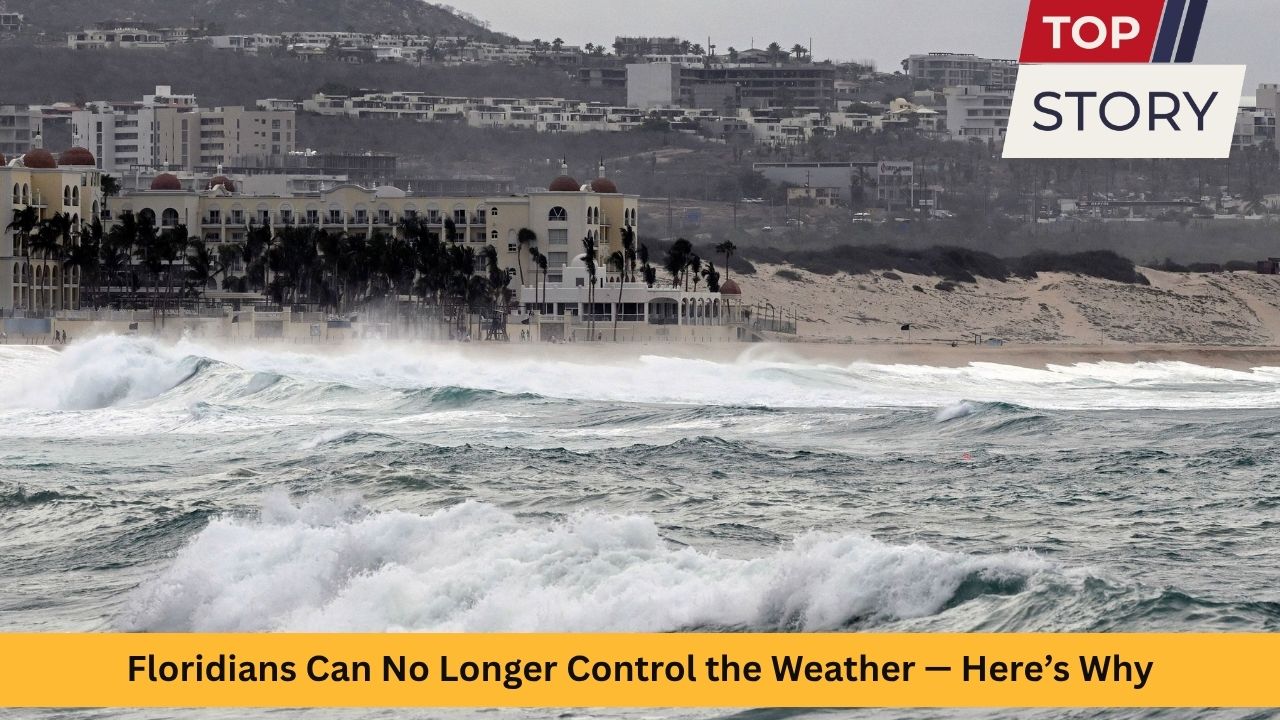

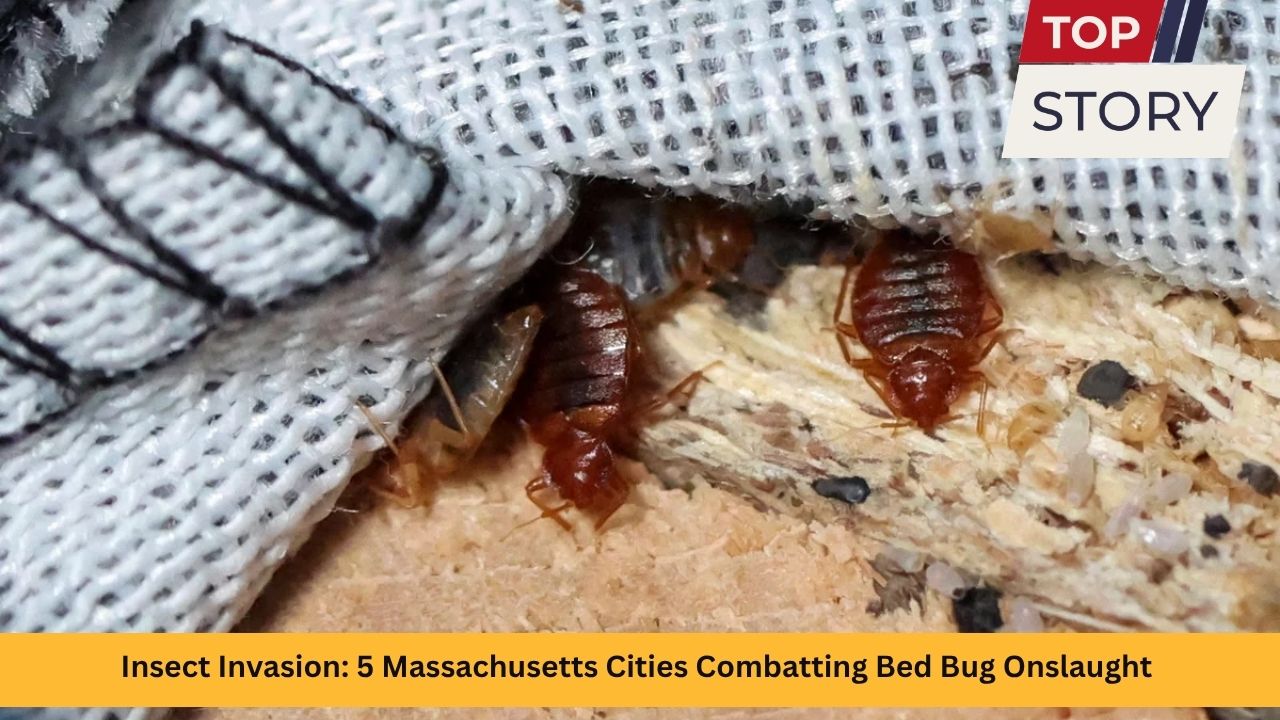
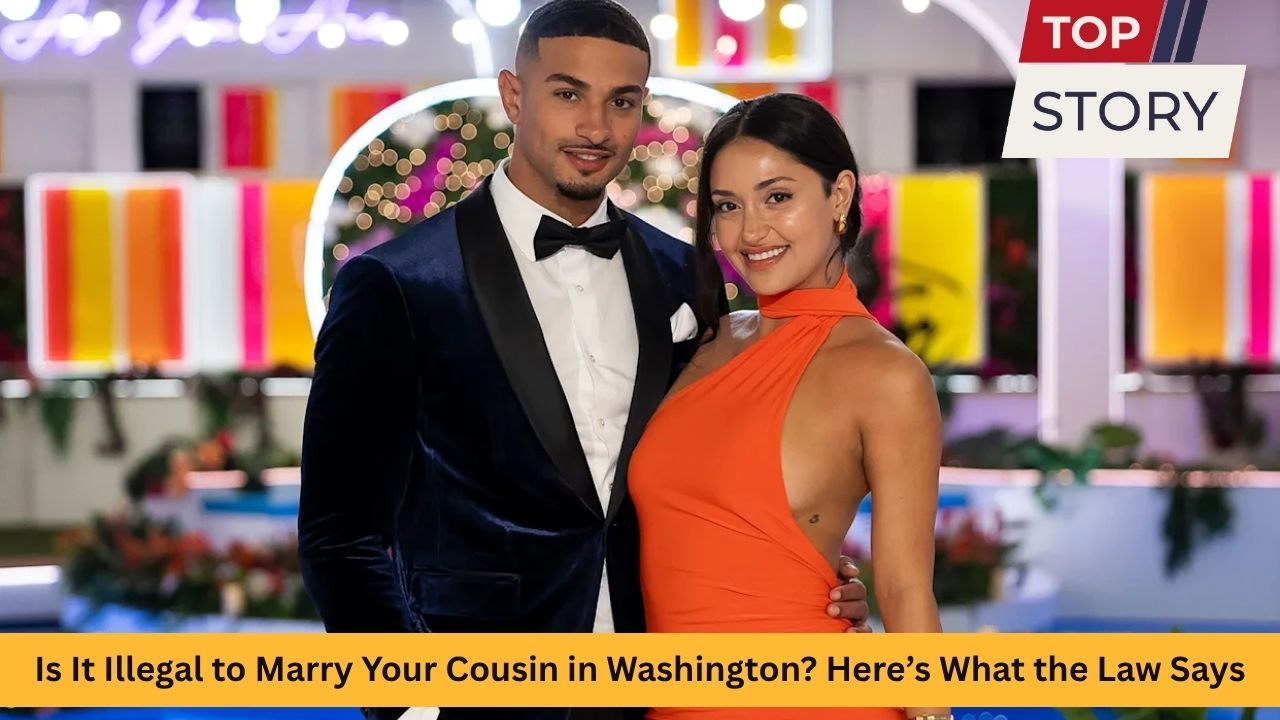
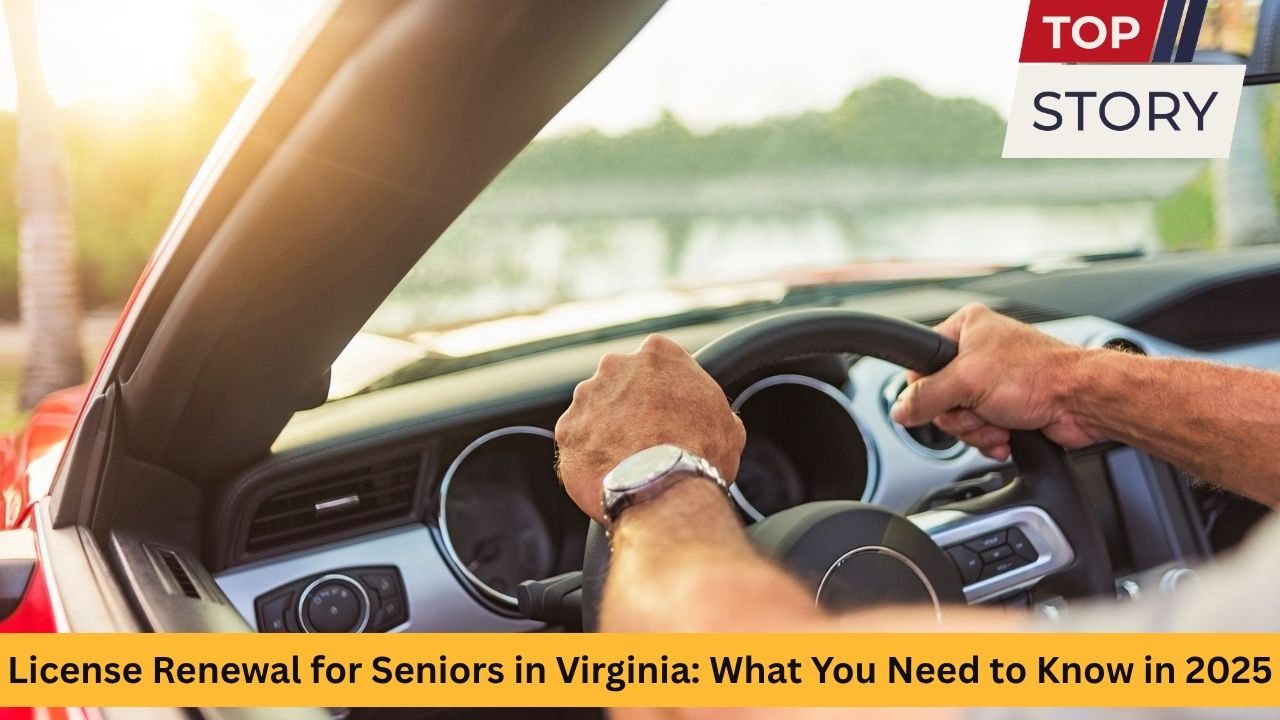
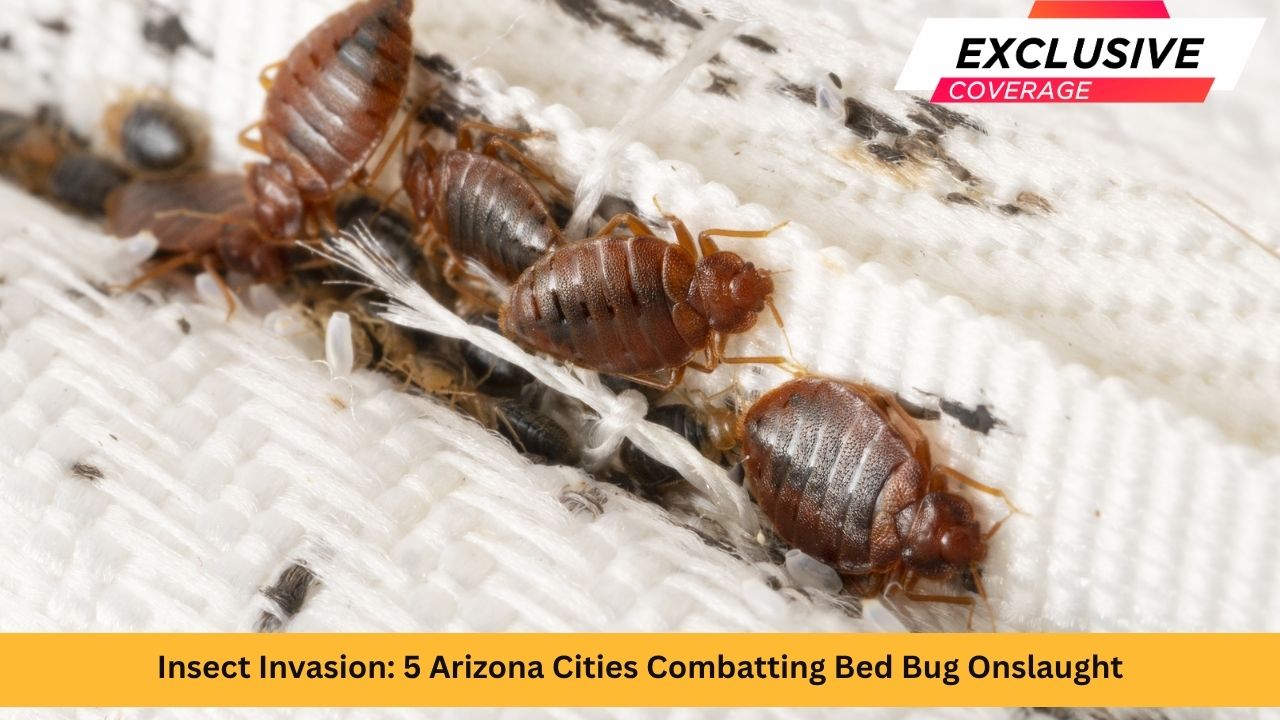
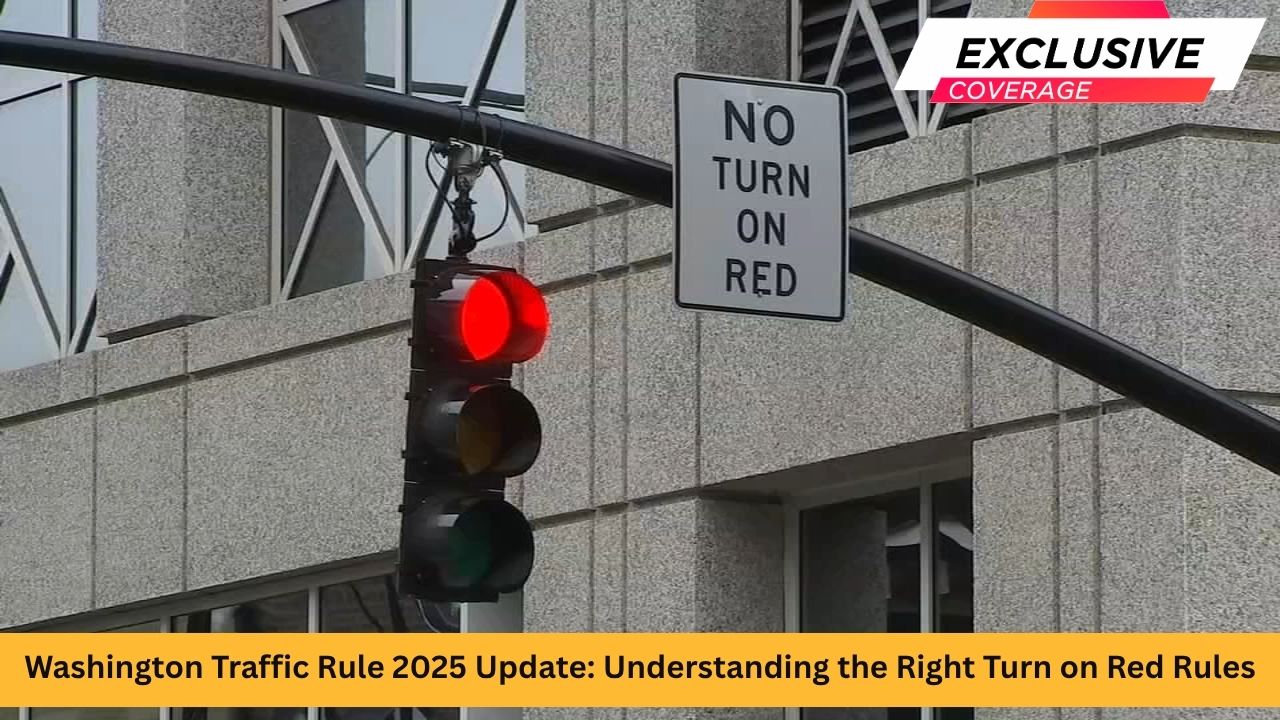

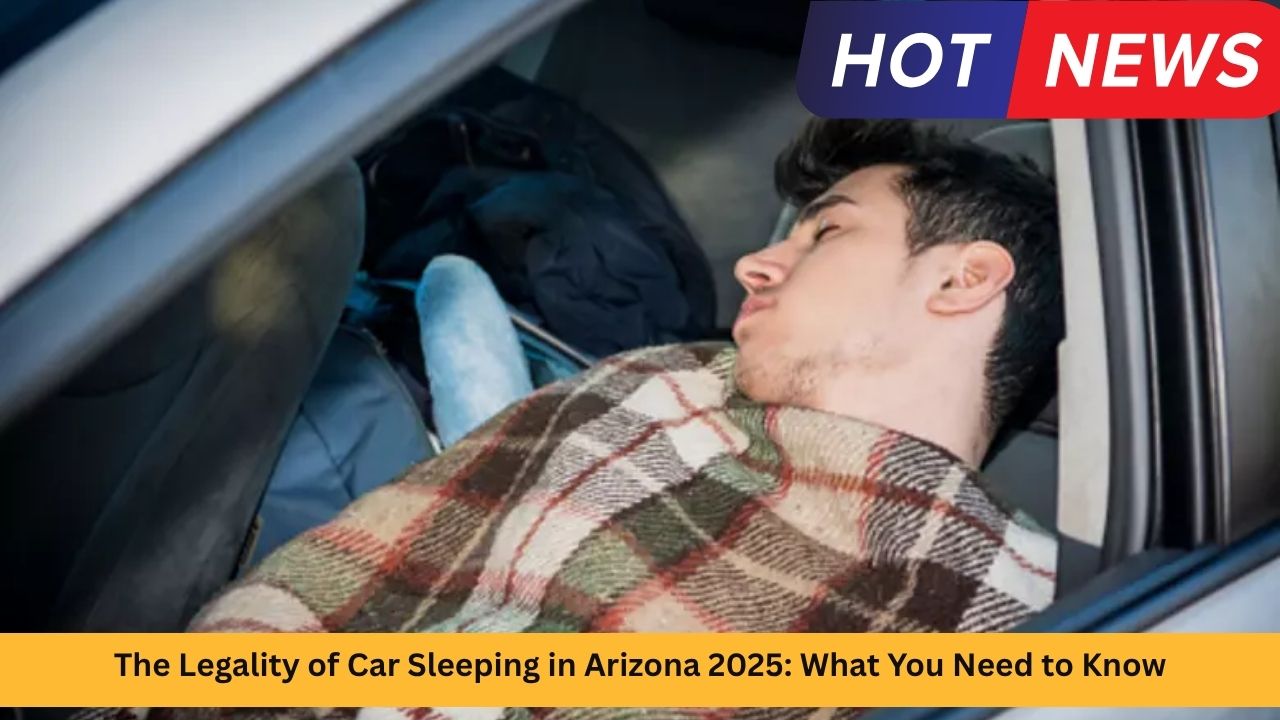
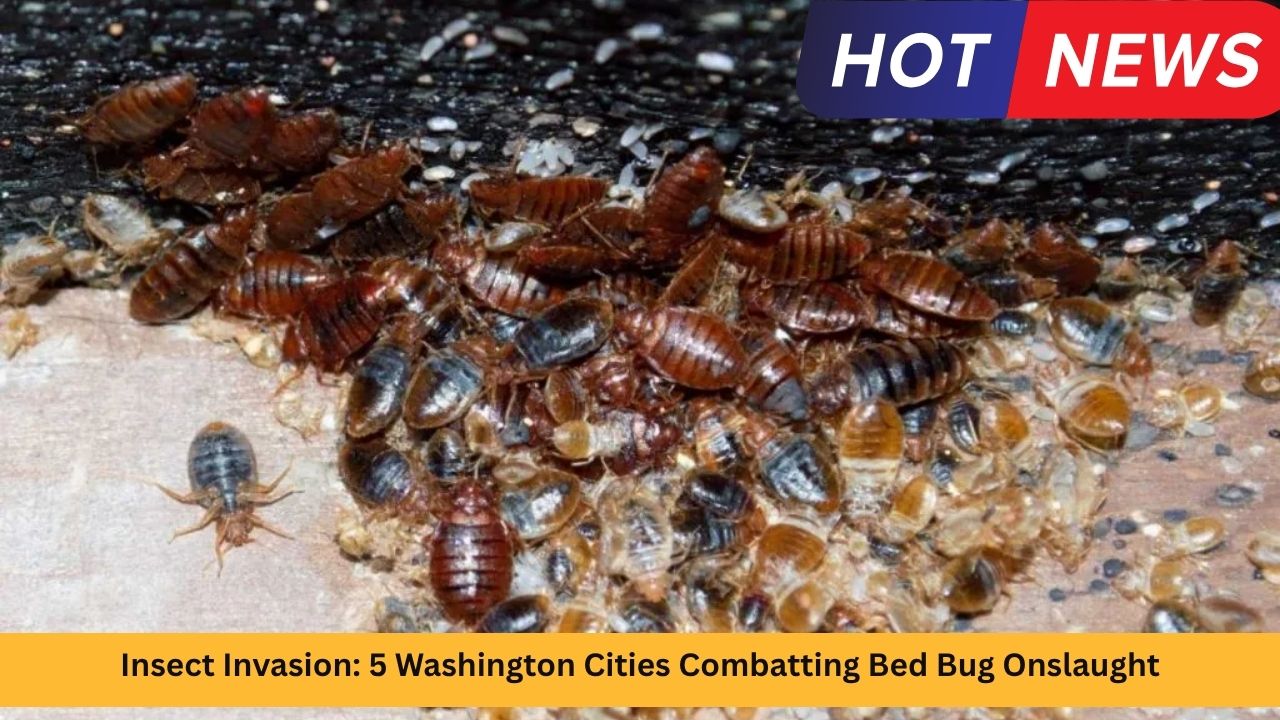
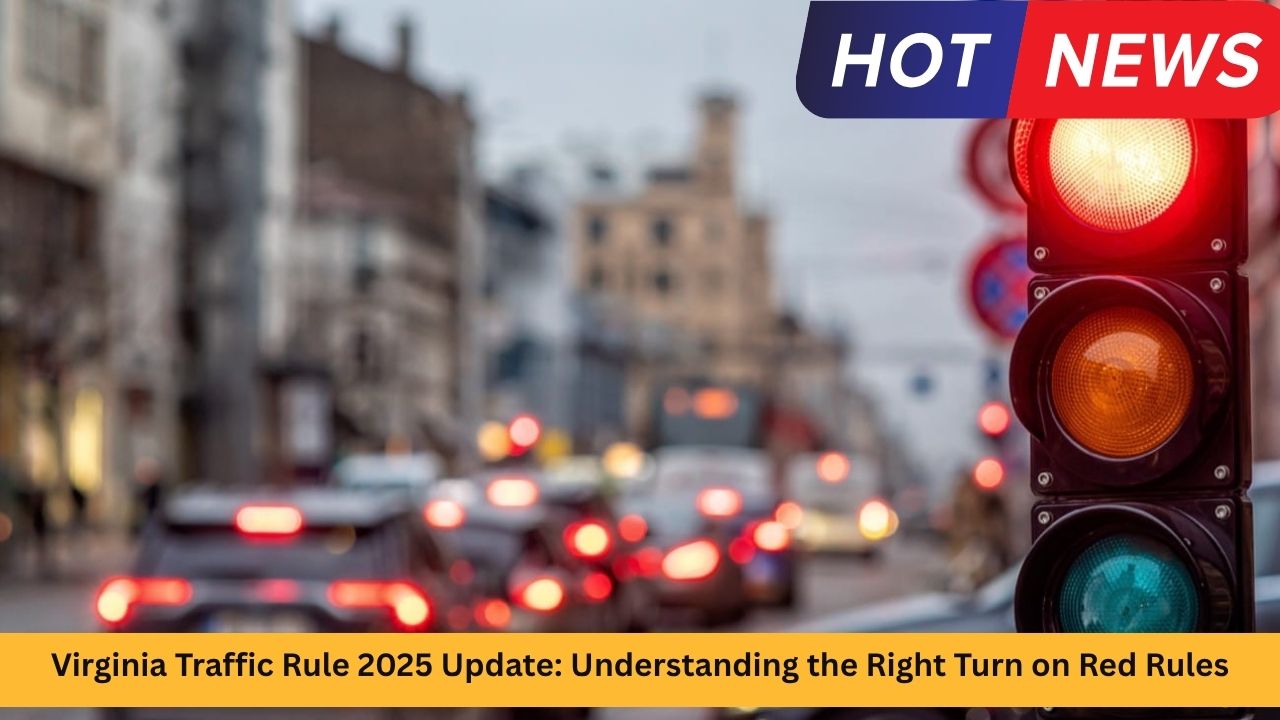
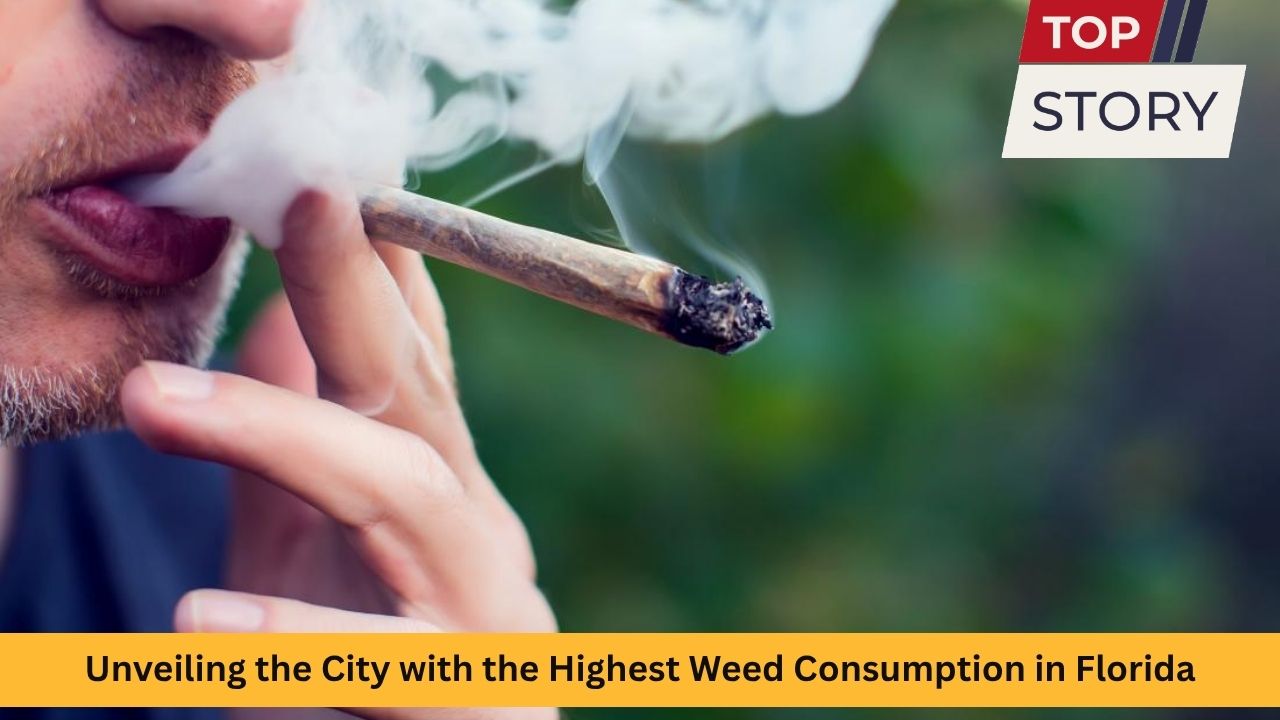
Leave a Reply